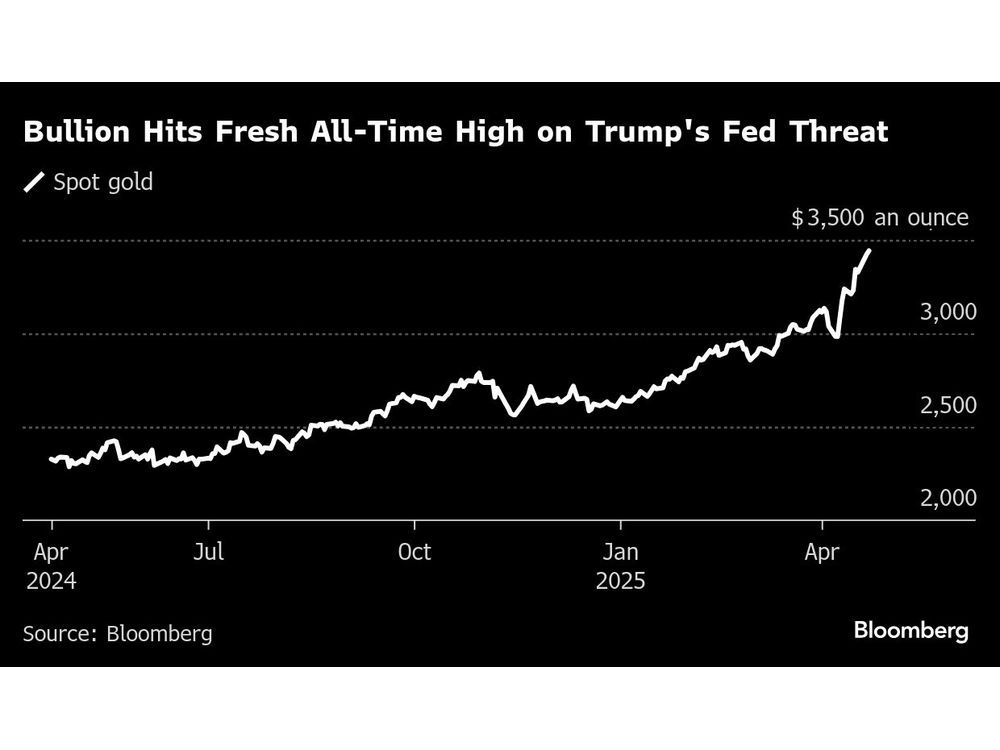Is knowledge of accounting important in the field of quantitative finance? We found some interesting discussions.
A poster believes that it is important:
Accounting is a vital skill if you end up in a managerial position, and unless your career goal is to always be a cog in someone else’s clockwork, then you will eventually find yourself in a managerial/senior partnership position even through quant research. I still play a critical role in my firm’s quant strategies team, but here’s a few things I’ve had to do that relate to accounting that you’d find common on the buy-side:
Fighting those inconsistencies in our PBs/clearing firms’ trade execution reports.

Negotiating fund administrators’ fee structures and services and interfacing their platform(s) with our internal tools.
Voting on the decision whether to take incentive fees or allocations.
Voting on the decision on 475(f) election (at a multi-asset class hedge fund, where the proportion of short-term gain isn’t immediately clear and knowledge of individual strategies’ PnL was important in making this decision).
Defending a cap table and business valuation (merger of two prop firms).
Voting on a decision whether to restructure our fund management company as an LP (this was intricately tied to our partners’ bonuses, because of changes to NII and SE tax policy arising from the Affordable Care Act).
Now, purely on the quant research and strategy development end, accounting is an extremely useful skill for obtaining and scrubbing your primary data source for trading decisions:
Price-moving information, e.g. book value, debt/equity ratio, operating income to interest expenses, could be contained in unstructured accounting statements.
Trading opportunities could arise from discrepancies due to reporting practices, e.g. mark-to-market, mark-to-close etc.
Trading opportunities could arise from accounting inconsistencies, e.g. miscategorization.
Market price of assets may be overestimated/underestimated significantly if they are based on expected future cash flows.
Valuation based on discounted cash flow. Read more
While other reader believes that it’s not important.
A quant may find accounting useful occasionally but it is really tangential knowledge. I would not consider typical financial or managerial accounting as pre requisites for a Quant Fin program.
That said, certain quants in fixed income or credit do end up dealing with intricacy of cash flows. Accounting background will help in those scenarios.
The following poster has a more balanced view,
Even though the other answer points out that with accounting and finance you can make a lot of money and you might not have to be such a nerd, if you can however obtain a quantitative background, it will only act as benefit in your later financial career. Even if you would like to remain in accounting in Finance.
Back in Europe when I did my quantitative degree, we’ve had a few guys who did a double degree in accounting and quantitative finance. Some ended up accountants, others as quants and investment bankers. Ultimately they all ended up with good salary and good jobs. Read more
So what do you think? Let us know
Further questions
What's your question? Ask it in the discussion forum
Have an answer to the questions below? Post it here or in the forum




